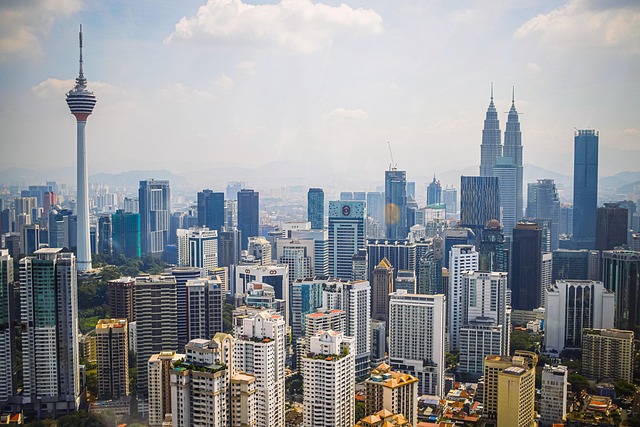Unveiling Karachi’s Treasures: Landmarks Near Saima Luxury Homes
Karachi, with its vibrant energy and historic landmarks, offers residents of Saima Luxury Homes a ri…….
Stay connected with the up-to-date Passport Renewal headlines and highlights on passport-renewal.karachi-pakistan.com. Delve into handpicked content.

Karachi, with its vibrant energy and historic landmarks, offers residents of Saima Luxury Homes a ri…….

Khalid Bin Walid Road in Karachi is a foodie hotspot renowned for its diverse bakeries, catering to…….

Rashid Minhas Road, a vital artery in Karachi, is crucial for connecting the city center to suburbs,…….

Karachi, Pakistan, is a cultural hub boasting diverse music schools that cater to various musical in…….

Dalmia Road in Karachi is a dynamic corridor seamlessly blending residential, commercial, and indust…….